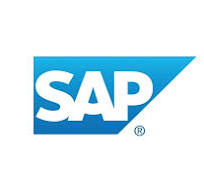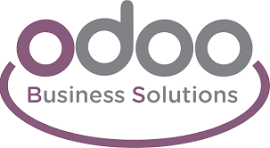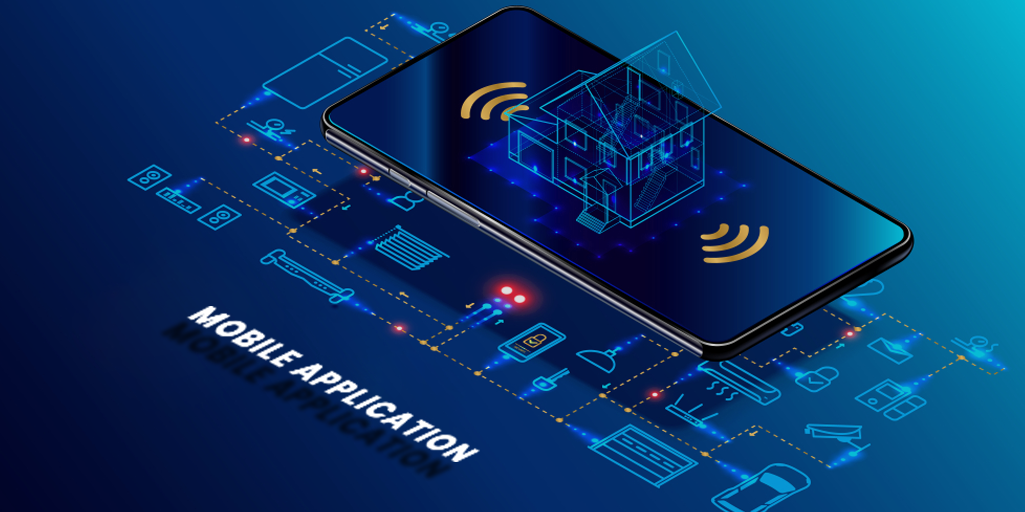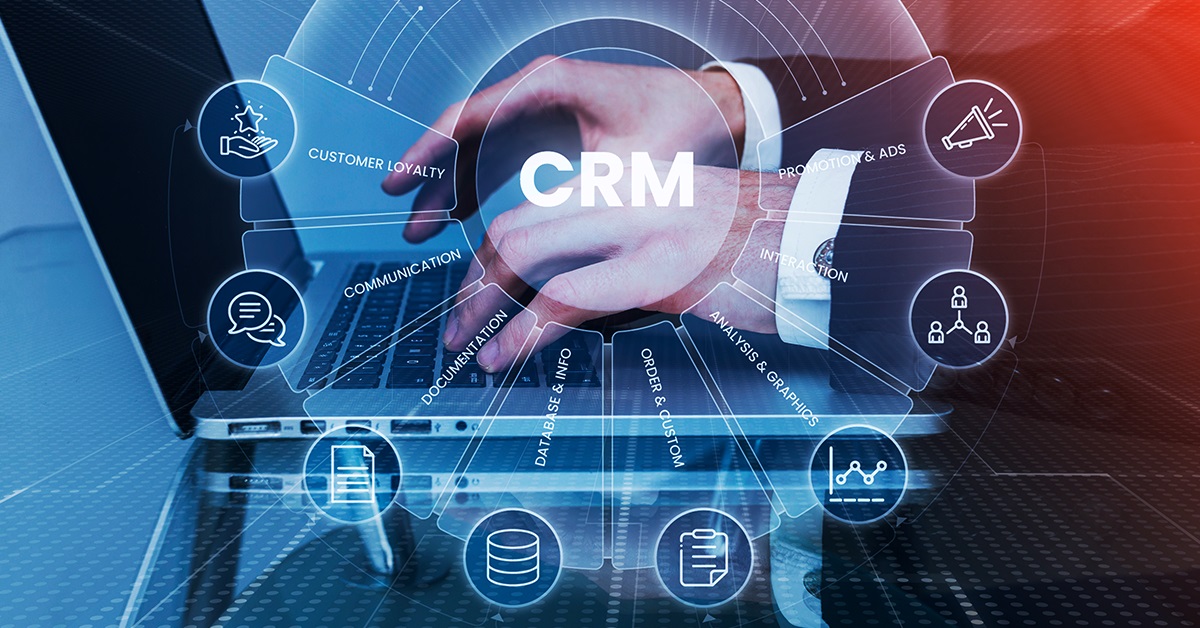
ERP Solutions
Enterprise resource planning (ERP) is a type of software that helps businesses manage and automate their core processes. ERP systems can help businesses in several ways, including:
- Streamline operations: ERP systems can help businesses streamline their operations and improve efficiency.
- Improve collaboration: ERP systems can help businesses improve collaboration across departments.
- Make informed decisions: ERP systems can help businesses make informed decisions based on real-time data.
- Optimize resource allocation: ERP systems can help businesses optimize resource allocation.
- Reduce costs: ERP systems can help businesses reduce costs.
Some Examples of ERP Solutions
- Oracle NetSuite ERP: Considered an all-around good ERP software.
- Odoo ERP: An open-source platform that can be customized for business needs.
- SAP Business One: A good option for growing companies.
- ERPNext: Considered a good value ERP.
- Microsoft Dynamics 365: A good option for dynamic use cases.
- Acumatica Cloud ERP: Known for a good user experience.
- Katana: A good option for inventory management.
- Sage Intacct: A good option for accounting.
- Tall ERP: A good option for small enterprises.
Types of ERP Systems
There are several types of ERP systems that cater to different business needs. These include:
- On-Premise ERP: Installed directly on a company's own servers, providing full control over the system and data.
- Cloud ERP: Hosted on remote servers and accessed through the internet, offering better scalability and ease of use.
- Industry-Specific ERP: Tailored to meet the unique needs of specific industries, with modules and functionalities designed for particular sectors.
- Open-Source ERP: Provides access to source code, allowing customization and modification according to the business's needs.
- Small Business ERP: Designed for small and medium-sized businesses, offering essential functionalities at a more affordable price.
- Tiered ERP: Offers different levels of functionality and scalability to cater to businesses of varying sizes and complexity.
Benefits of ERP
Businesses use ERP systems for various reasons, including expanding, reducing costs, and improving operations. Some notable benefits of ERP include:
- Improves Accuracy and Productivity: ERP systems integrate and automate processes, eliminating redundancies and improving productivity.
- Improves Reporting: Real-time data reporting from a single system helps businesses with planning, budgeting, forecasting, and communication.
- Increases Efficiency: ERP systems enable quick access to information for clients, vendors, and business partners, leading to improved satisfaction, quicker response times, and increased accuracy.





